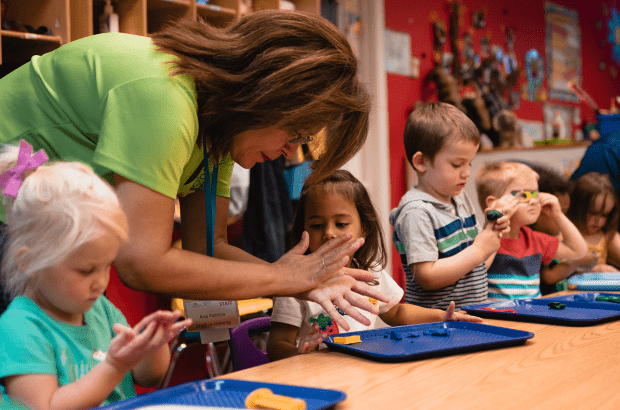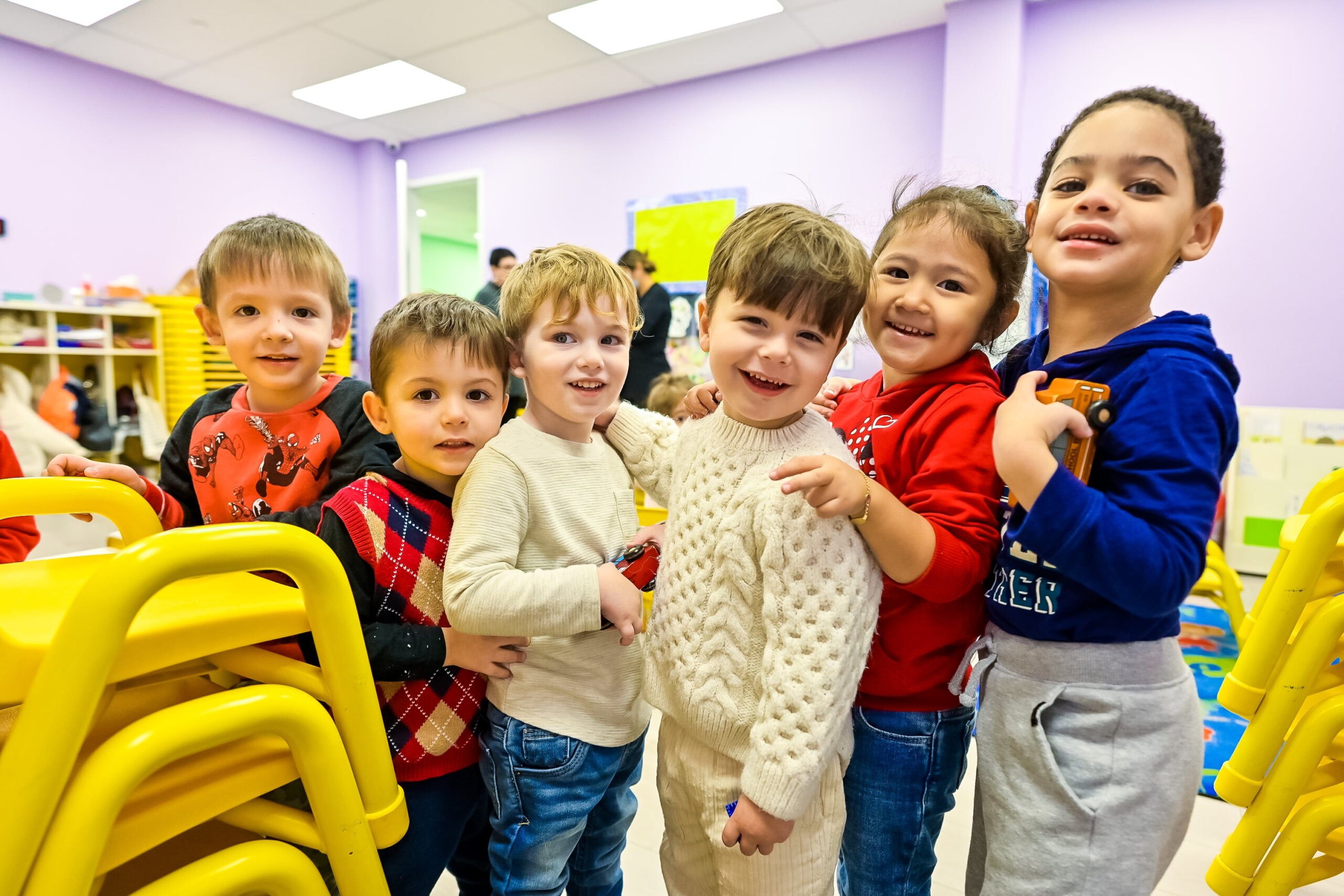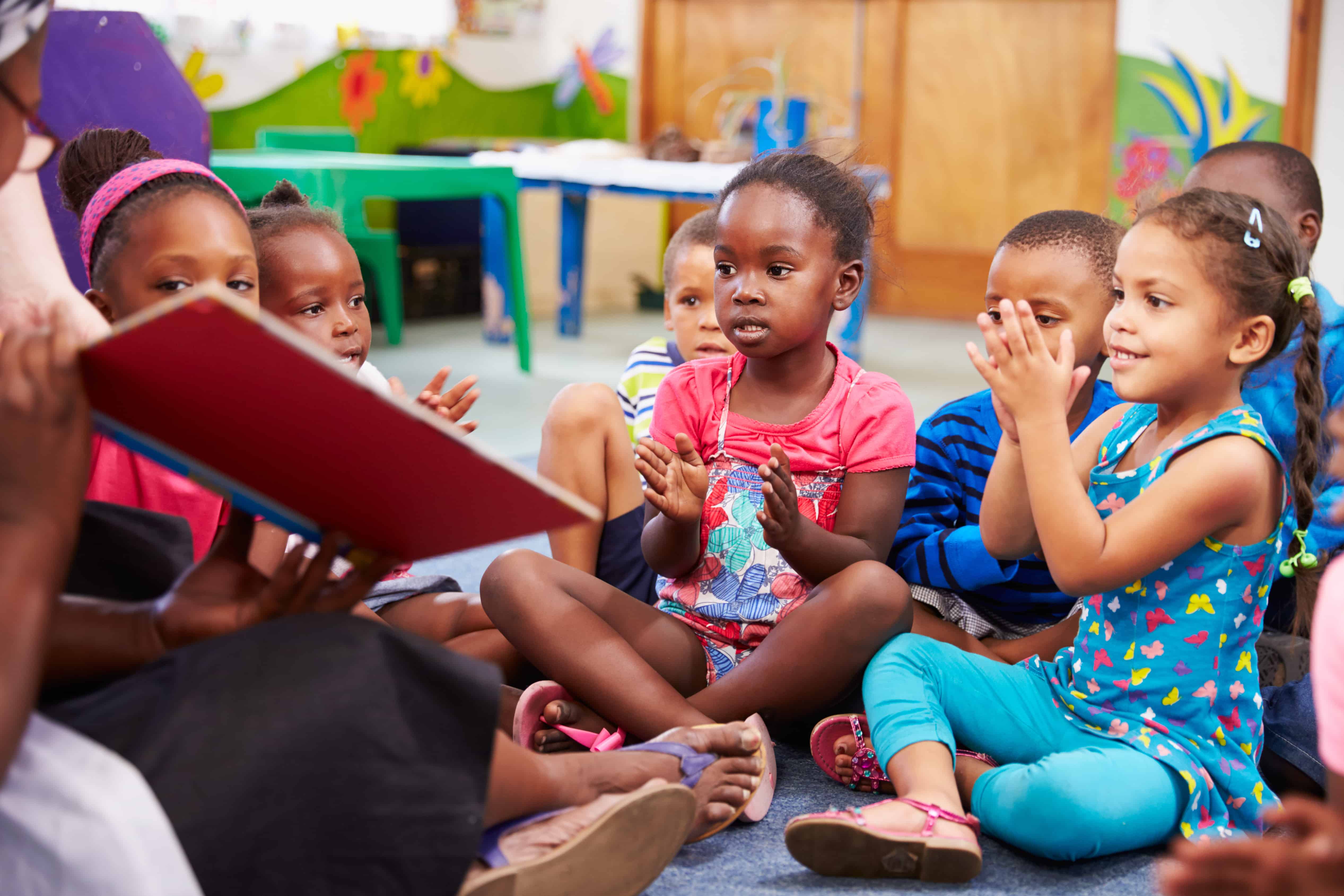
Introduction: Why Early Childhood Education is Crucial
Early childhood education is more than just a buzzword; it’s a critical foundation for our future. The early years of a child’s life are packed with moments that shape their development, influence their learning patterns, and affect emotional growth.
This period acts as the launching pad for lifelong skills and knowledge. As society progresses, understanding the importance of investing in these formative years has never been more vital.
With educational systems evolving rapidly, grasping how early childhood education impacts not only individual children but also communities at large is essential. Let’s dive into why this phase of learning deserves our full attention and commitment.

The Developmental Benefits of Early Childhood Education
Early childhood education plays a vital role in shaping young minds. During these formative years, children experience rapid brain development. Engaging them in structured learning activities sparks their curiosity and encourages cognitive growth.
Children enrolled in quality programs develop essential skills earlier than their peers. They enhance language abilities and improve problem-solving skills through interactive play and guided lessons. This early exposure fosters creativity, enabling kids to think outside the box.
Moreover, socialization is key at this stage. Early childhood education provides opportunities for children to interact with others, developing crucial interpersonal skills. They learn teamwork, communication, and empathy as they navigate group activities.
Physical development also benefits significantly from early educational settings. Activities designed to promote fine motor skills contribute to better coordination and control over movements. These foundational experiences set the stage for lifelong learning habits that can impact future success.
The Impact on Long-Term Academic Success
Early childhood education lays the groundwork for lifelong learning. Children who participate in high-quality programs often develop stronger literacy and numeracy skills. These early experiences foster a love for learning that stays with them throughout their academic journey.
Research consistently shows a correlation between early educational interventions and later academic achievement. Kids exposed to rich educational environments tend to perform better on standardized tests compared to those without such opportunities.
Moreover, these foundational years cultivate critical thinking abilities and problem-solving skills. They encourage curiosity, allowing children to explore ideas freely and creatively.
The social interactions in early education settings also play a significant role. Engaging with peers teaches cooperation and communication, essential traits for future classroom success.
Investing in quality early childhood education is not just about immediate benefits; it’s about shaping capable learners ready to tackle the challenges of higher education down the road.

Social and Emotional Benefits
Early childhood education plays a vital role in nurturing social and emotional skills. Children learn to interact with their peers, sharing experiences that enhance communication and cooperation.
In these formative years, kids develop empathy as they navigate friendships. Understanding feelings—both their own and others’—fosters compassion. This creates a strong foundation for positive relationships throughout life.
Additionally, early education helps children manage emotions effectively. They learn how to express themselves in healthy ways rather than resorting to frustration or anger. Such skills are essential for conflict resolution.
The collaborative environment of early learning encourages teamwork too. Working on group projects teaches the importance of compromise and respect for diverse perspectives.
By investing time in social and emotional development now, we pave the way for resilient individuals who can face challenges confidently later on.
Closing the Achievement Gap
Closing the achievement gap is a crucial focus of early childhood education. Disparities in educational outcomes often begin before formal schooling starts. Access to quality preschool programs can level the playing field.
Children from disadvantaged backgrounds benefit immensely from structured learning environments. These programs provide essential skills that set the foundation for future success.
Research shows that children who participate in early education are more likely to excel academically later on. This creates opportunities for them to thrive, regardless of their socioeconomic status.
Moreover, when diverse groups come together in these settings, it fosters understanding and inclusivity among young learners. They learn not just academic skills but also vital social competencies.
Investing in high-quality early childhood education directly addresses systemic inequalities. By prioritizing access and resources, we pave the way for brighter futures for all children.
How to Find Quality Early Childhood Education Programs
Finding quality early childhood education programs can feel overwhelming, but it’s essential for your child’s growth. Start by researching local options online. Look for reviews and testimonials from other parents.
Visit potential schools to observe the environment. Pay attention to how teachers interact with children. A nurturing atmosphere is crucial.
Check accreditation status as well; this indicates adherence to specific educational standards. Quality programs often have certified staff who are trained in child development.
Ask about curricula too. You want a program that emphasizes play-based learning, fostering creativity and critical thinking skills.
Don’t hesitate to inquire about class sizes either. Smaller groups allow for more personalized attention, which benefits every child’s learning experience significantly.
Consider flexibility in schedules or programs offered if you need something tailored to your family’s needs. Finding the right fit takes time, but it will pay off in the long run.

Conclusion: Investing in Our Future Generations
Investing in early childhood education is more than just a choice; it’s an essential step toward shaping our future. When we prioritize early learning, we’re providing young children with the tools they need to thrive academically, socially, and emotionally.
As communities recognize the importance of these programs, we foster environments where every child can reach their full potential. Quality early childhood education lays the groundwork for lifelong success and helps close achievement gaps that have persisted for generations.
By supporting effective educational initiatives today, we invest not only in individual futures but also in the prosperity of society as a whole. Every child deserves access to quality education from an early age. As stakeholders—parents, educators, policymakers—we must champion this cause together so that all children have the opportunity to shine brightly in their journey through life.



Leave a Reply